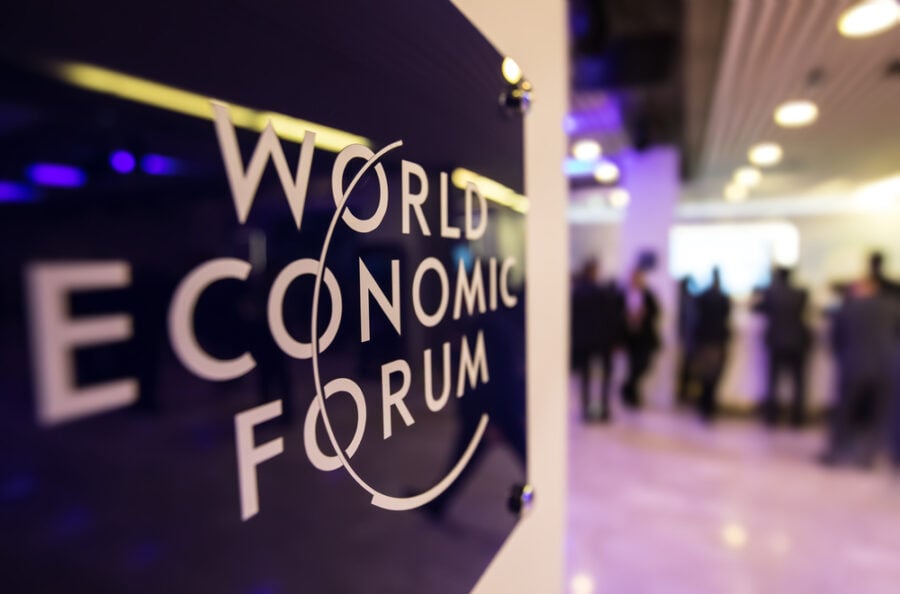Against the backdrop of the global pandemic, the war in Ukraine and geo-economic challenges, the annual meeting of the World Economic Forum (WEF) will return to Davos from 22-26 May, to address the unprecedented geo-economic challenges affecting a multipolar world.
After a two-year hiatus due to the COVID-19 pandemic, the ensuing Ukraine crisis, and other geo-economic challenges, the meeting is taking place at a crucial point in time. It will bring together nearly 2,500 leaders and experts from around the world, all committed to the “spirit of Davos”, with the goal of reconnecting, exchanging ideas, gaining new perspectives, providing solutions, and improving the state of the world.
The meeting will be held under the title “History at a turning point: government policies and business strategies,” and “focuses on the unprecedented global challenges that governments are currently facing, including post-pandemic recovery, the Ukrainian crisis and climate change,” according to a statement by the World Economic Forum.
The meeting is the first summit that brings world leaders together in this new situation
“The annual meeting is the first summit that brings world leaders together in this new situation of an emerging multipolar world as a result of the pandemic and war,” said WEF founder and CEO, Klaus Schwab.
He added, “The fact that approximately 2,500 political, civil society, business, and media leaders will be meeting in attendance demonstrates the need for a reliable and informal global platform that is action-oriented to address issues in a crisis-driven world.
Participants
More than 50 heads of state and government are expected to join the event, according to the World Economic Forum. More than 1,250 private sector leaders will also participate.
Civil society will be represented by more than 200 leaders of non-governmental organizations, social entrepreneurs, academia, labor organizations, religious and religious groups, and more than 400 leaders of the media and press.
The annual meeting will also bring together the younger generations, with the participation of 100 members from the Forum’s Global Shaper and Young Global Leader communities.
Cutting across the theme of the meeting are several priorities and issues that define the current moment and will shape the years to come. The program will focus on six thematic pillars:
Fostering global and regional cooperation: How to restore stability amid a new era of geopolitical conflict and tension as well as advancing trade, prosperity and partnerships.
Securing the economic recovery and shaping a new era of growth: How to stabilize the real economy and the financial system, while also determining the future of balanced growth, globalization and development.
Building healthy and equitable societies: How to move beyond the health emergency phase of the pandemic, rebuilding in its wake and strengthening health resilience for future threats as well as investing in good jobs, living wages, skills and education, not forgetting to redefine stakeholder capitalism for a new context.
Safeguarding climate, food and nature: How to continue to secure food systems, and building a nature-based economy as well as sequencing the energy transition and building a green economy.
Driving industry transformation: How to balance innovation, resilience and efficiency across industries as well as building on Forum initiatives such as the Future of jobs, the Edison Alliance and reskilling initiatives that are helping equip industries and workers with the tools to succeed in a changing world.
Harnessing the power of the Fourth Industrial Revolution: How to enhance technology governance and cyber security as well as the Forum’s fast-growing network of Centres for the Fourth Industrial Revolution, which shape new policies and strategies by leveraging science, technology and innovation.








